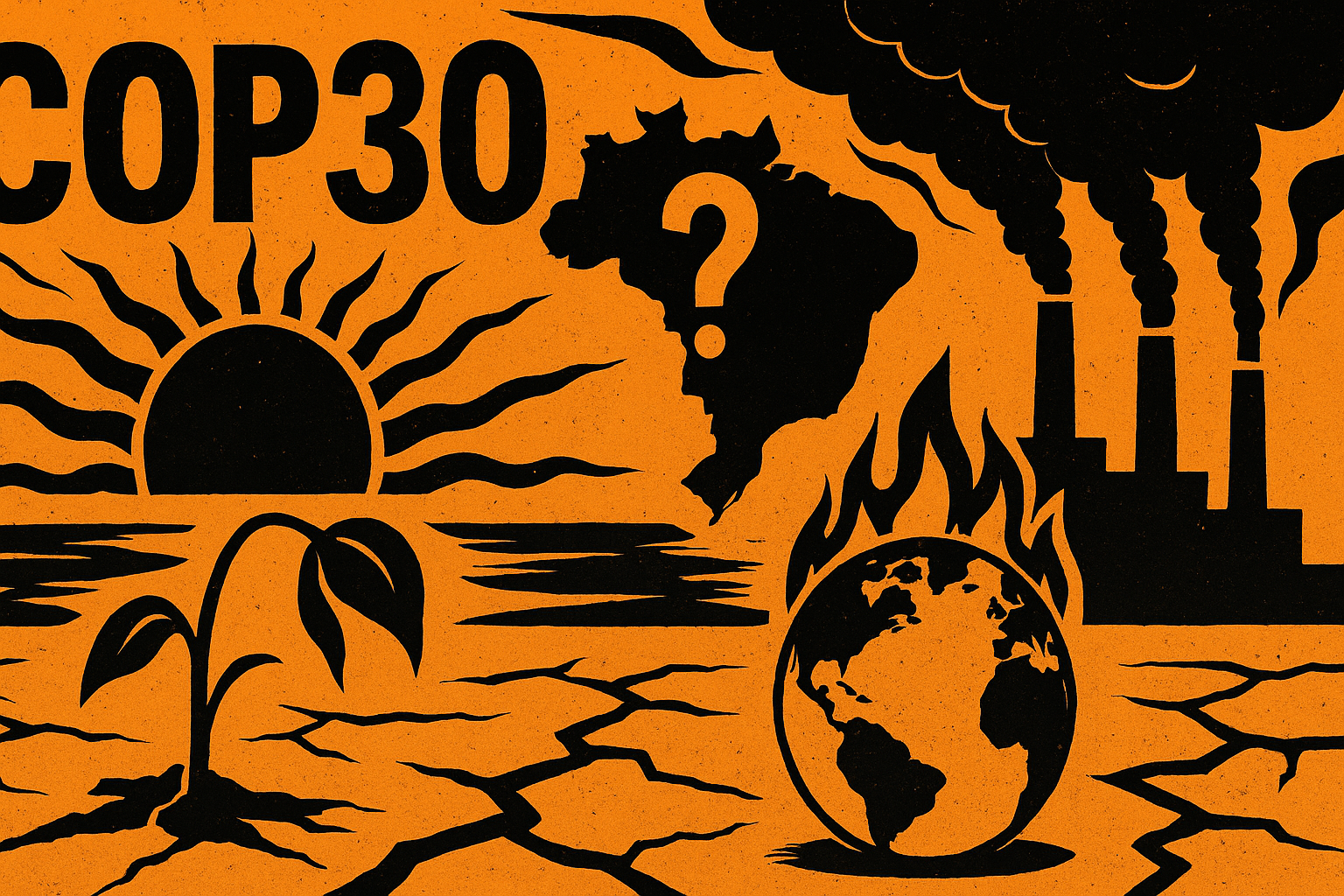After the COP30 summit in Belem, the world left with one impression: there is a huge gap between climate symbolism and real results. The summit took place in the heart of the Amazon, where the world is supposed to become bolder in the face of fossil fuels...but the final statement completely ignored any clear commitment to cut coal, oil or gas, replacing them with generic phrases about "voluntary pathways" that carry no binding force.Observers have characterized the summit's outcomes as "plans to make plans" as the planet continues to approach a dangerous trajectory of 2.6-2.8 degrees Celsius by the end of the century.
The political scene at the summit also revealed a stark contrast between North and South. Developing countries demanded real funding to offset losses from climate disasters, while rich countries were reluctant to make concrete pledges.Despite the announcement of doubling adaptation funding to $120 billion per year by 2030, this commitment was postponed for another five years and without clear implementation mechanisms. More seriously, the Loss and Damage Fund - the only tool for redress for affected countries - remains almost empty, despite the fact that it could amount to $290-580 billion per year for developing countries alone.
When comparing COP30 to the Dubai and Baku summits, the negotiating process seems to be on a downward spiral:
COP28 dared to mention "transition away from fossil fuels."
COP29 virtually ignored the term.
COP30 dropped it altogether.
Despite the official stalemate, Belem saw the rise of a new phenomenon: voluntary alliances outside the UN framework. Colombia and other countries launched the Belem Declaration to phase out fossil fuels, with the participation of dozens of countries. Major cities and companies have also emerged to make independent climate commitments, leading some experts to say that "the future of climate is shaped more outside than inside the negotiating halls."
Informal initiatives are subject to limited oversight and can sometimes be used to embellish the image of fossil fuel companies without real change, at a time when climate finance is declining, support for weaker countries is shrinking, and fears are growing that the international framework built on equity and shared responsibility is crumbling.
Ten years after the Paris Agreement, the gap between science and policy is greater than ever. The 1.5-degree target requires a 43% reduction in global emissions by 2030, while the current pathway only achieves 12% by 2035. This deviation reflects a real legitimacy crisis that threatens the future of the entire agreement. The global South feels that the "deal is unfair": commitments without funding, promises without implementation, and conferences that end with verbal statements that do not change reality.
With these developments, the world faces two scenarios:
One: gradual disintegration, where trust collapses, commitments decline, and the planet approaches a warming of more than 3 degrees Celsius.
The second is rebuilding, where new climate alliances emerge outside the UN, perhaps led by major economic powers or innovative North-South partnerships, to implement real action without bureaucratic red tape.
The key message of the study is clear:
We are living at the beginning of a new phase of climate action, one in which the leadership may fall out of the hands of the traditional international system and alternative networks emerge to decide the fate of the planet...whether we like it or not.
To watch the video and read the full paper, please scroll down.
Beyond COP30 in Brazil: Has the world entered a 'post-climate agreement' phase?
When summits are unable to save the planet, the future is looking for new leaders outside the room.

Comments